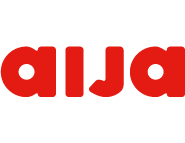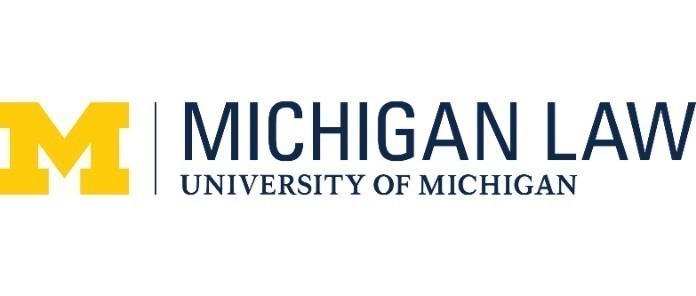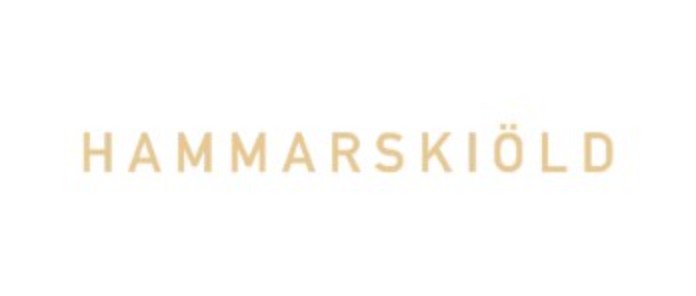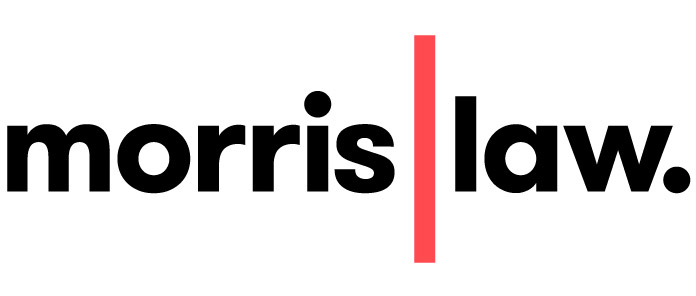
Antitrust and healthcare virtual seminar | Pharma regulations and state support in times of COVID-19
Online, Belgium
11 June 2020 - 12 June 2020
Antitrust and healthcare webinar: Pharma regulations and state support in times of COVID-19
Thursday 11 June 2020 | |
| 19:00 » 20:30 | Virtual welcome reception |
Friday 12 June 2020 | |
| 12:00 » 13:00 | Webinar 1: Governmental and regulatory reactions to reduce shortages of supply and price explosions due to the Covid-19 outbreak The need for medical products, medical devices, pharmaceuticals and protective equipment has never been as urgent as now. Governments need to secure the supply of affordable drugs and medical devices. The need for joint actions and cooperation in the industry seems vital to fight the outbreak and the healthcare sector relies on companies with high and sometimes even increased market power. Even so, the boarders are shut down, medical products, devices and equipment are put under export restrictions and the barriers to trade are increased. During this session we will reflect upon regulatory and antitrust related legal issues linked to the present COVID-19 situation. We will base our presentation on a fictive case taking place in the “AIJA state” to illustrate various scenarios. The AIJA state in times of COVID-19: The AIJA state is firmly in the grip of the COVID-19 pandemic. Due to the unexpected impact of the virus, there is quickly a shortage of various goods. The most important one is the shortage of face masks which are a key element to protect the population against infection and to stem the spread of the virus. To tackle this issue, the state has implemented various measures such as relaxing the regulatory requirements for the manufacture and distribution of masks. As a consequence of the AIJA relaxation of regulatory requirements, masks are being produced not only by standard manufacturers of medical devices and protective equipment but also by textile manufacturers (amongst many other). Furthermore, the masks are now being sold in the supermarkets directly to consumers whereas in the past, they were only available in pharmacies and healthcare services. This change led to new collaborations between industries and new distribution systems. In order to optimize the production and distribution of the masks, the manufacturing companies Fudakowska and Barré came to an agreement: Fudakowska will distribute its masks exclusively to consumers through its own web shop and supermarkets. Barré, on the other hand, will limit itself to selling its masks directly to qualified healthcare service providers such as hospitals and GPs. Costa learning about this agreement through a whistle-blower files a complaint against Fudakowska and Barré in the AIJA state. The second main measure implemented by the AIJA state is export restrictions. However, these restrictions have also been implemented by other states. This is why, in order to secure supply for its own population, the APC state is holding up in transit an important shipment from Carioca. Moderators Siri Mårtensson Hjälmberg, Morris Law Sofia Falkner, Hammarskiöld & Co Speakers Janine Reudt-Demont, Niederer Kraft Frey Marek Holka, Cechova & Partners Michel Alexander, Smith & Williamson LLP |
| 13:00 » 14:00 | Webinar 2: State aid and governmental support due to the Covid-19 outbreak The rescue packages launched by the governments for the companies that suffers great loss during this health crisis are historically immense. During this webinar session we will take the opportunity to reflect upon the variations of governmental actions and state aid in various jurisdictions and also discuss the legal basis for such measures and how it will affect the market. Moderator Johanna Svantesson, DLA Piper Speakers Andrea Pomona, Debevoise & Plimpton LLP Krzysztof Pawlak, Schoenherr Stangl sp.k. Ruben Masar, VISCHER Ltd. |


